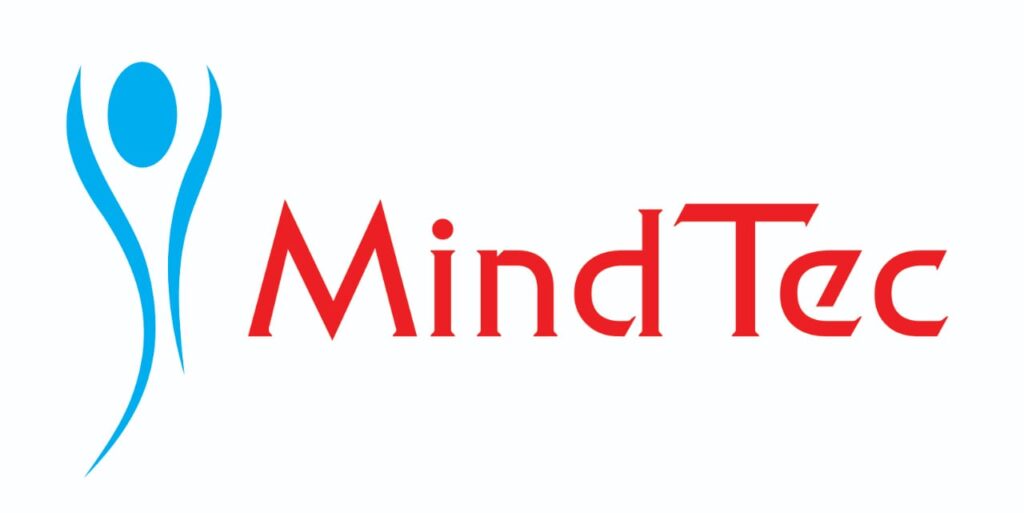
What is PGDCA? Your Advanced Computer Skills Launchpad.
The Post Graduate Diploma in Computer Applications (PGDCA) is a one-year (typically two semesters) postgraduate diploma program. It’s specifically designed for graduates from any stream who wish to gain in-depth knowledge and practical expertise in computer applications and information technology. Unlike a bachelor’s degree in computer science, which focuses on theoretical computer science principles, the PGDCA emphasizes practical application and industry-relevant tools.
A typical PGDCA curriculum is structured to provide a blend of theoretical knowledge and hands-on experience, often covering:
Computer Fundamentals & Operating Systems: Advanced concepts beyond basic usage, including deeper dives into Windows and introduction to Linux/Unix.
Programming Languages: Usually includes C, C++, and increasingly, Python or Java. Focus is on logical thinking, problem-solving, and coding fundamentals.
Data Structures & Algorithms: Essential for efficient programming and understanding how to manage data effectively.
Database Management Systems (DBMS): Concepts of relational databases, SQL (Structured Query Language), and practical work with systems like MySQL, Oracle, or MS Access.
Web Technologies: Introduction to HTML, CSS, JavaScript, and potentially server-side scripting languages like PHP or framework concepts.
Software Engineering: Principles of software development lifecycle, project management, and quality assurance.
Object-Oriented Programming (OOP): Deep dive into concepts like classes, objects, inheritance, polymorphism using C++ or Java.
Networking Concepts: Fundamentals of computer networks, protocols, and data communication.
System Analysis and Design (SAD): Understanding how to analyze business requirements and design effective computer systems.
Practical & Project Work: A significant component involving lab sessions and a final project to apply learned skills to real-world scenarios.
The primary aim of PGDCA is to make you proficient in using and developing computer applications, preparing you for the demands of the IT industry.
Why a PGDCA is a Smart Move in July 2025
The relevance of the PGDCA remains strong, particularly in India’s booming digital economy. Here’s why it’s a strategic choice:
Industry-Relevant Skills: The curriculum is designed to impart skills directly applicable to various IT roles, making graduates immediately employable.
Career Transition: It offers a structured pathway for graduates from non-IT backgrounds (Arts, Commerce) to transition into the IT sector, providing them with the necessary technical foundation.
Enhanced Employability: A PGDCA certificate demonstrates a serious commitment to developing technical skills, significantly boosting your resume and marketability compared to a general graduate.
Foundation for Specialization: While comprehensive, the PGDCA also acts as a solid base for further specialization in areas like Web Development, Data Science, Cyber Security, Mobile App Development, or Cloud Computing.
Entrepreneurial Opportunities: The skills learned can empower individuals to start their own IT ventures, offer freelance services, or develop custom software solutions.
Government & PSU Jobs: Many government organizations and Public Sector Undertakings (PSUs) require computer proficiency, and a PGDCA is often a recognized qualification for various IT-related positions.
Time and Cost Efficient: Compared to a full-fledged Master of Computer Applications (MCA) degree (which is 2 years), the PGDCA is a shorter (1 year) and often more affordable option, offering a quicker entry into the job market.
Growing Tech Sector: India’s IT sector continues its robust growth, with increasing demand for skilled professionals across various tiers, including entry-level and support roles that PGDCA graduates often fill.
Key Skills You’ll Master with a PGDCA
Upon completion of a PGDCA, you’ll possess a practical and theoretical skillset highly valued by employers:
Proficient in Programming: Ability to write, debug, and understand code in languages like C, C++, and often Python/Java.
Database Management: Designing, querying, and managing databases effectively using SQL and database concepts.
Problem-Solving & Logic: Developing strong analytical and logical thinking skills to solve computing challenges.
Web Development Fundamentals: Understanding how websites are built, from basic structure (HTML) and styling (CSS) to interactivity (JavaScript).
Software Development Lifecycle: Awareness of different stages of software creation, from requirements gathering to testing and deployment.
System Analysis: Ability to break down complex business processes and translate them into system requirements.
Basic Networking: Understanding how computers communicate and the fundamentals of network infrastructure.
Operating System Management: More advanced understanding of how operating systems function and interact with hardware.
Project Management (Basic): Experience with planning and executing a software project as part of your coursework.
